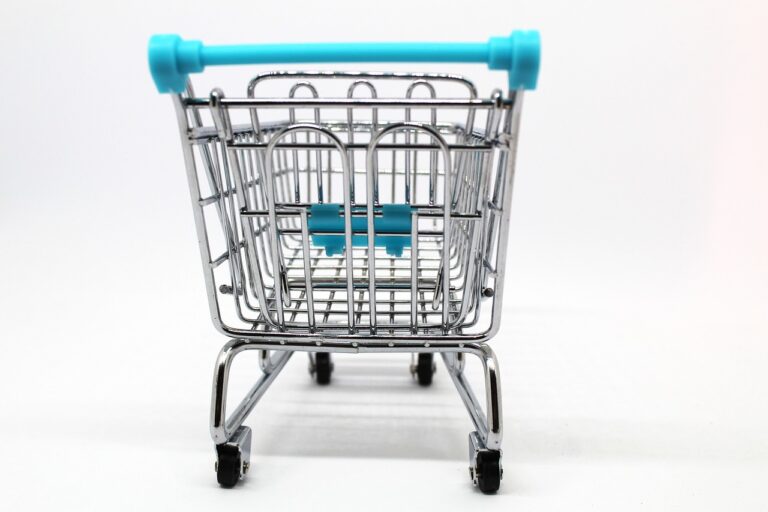Conscious Consumerism: Shopping with Social and Environmental Responsibility
Consumer choices have a far-reaching impact on society and the environment. Every purchase made sends a message to companies about what values and priorities consumers support. By selecting products from companies that prioritize ethical and sustainable practices, individuals can drive positive change in the market.
It is essential for consumers to be mindful of the repercussions of their purchasing decisions. From the sourcing of raw materials to the production processes and final disposal of products, every step of the supply chain can have significant social and environmental implications. By educating themselves and making informed choices, consumers have the power to influence industries towards more ethical and sustainable practices.
The Importance of Supporting Ethical and Sustainable Brands
Supporting ethical and sustainable brands has become crucial in today’s consumer landscape. By choosing products from companies that prioritize ethical practices and environmental sustainability, individuals can contribute to positive social and environmental impact. This shift towards conscious consumerism not only benefits the planet but also promotes a more equitable and responsible global economy.
Moreover, supporting ethical and sustainable brands sends a powerful message to the market. It signifies a demand for transparency, fair labor practices, and environmentally friendly production methods. Consumers have the power to influence businesses to adopt ethical practices by consistently choosing products that align with their values. In essence, every purchase made is a vote for the kind of world we want to live in.
Tips for Researching and Identifying Socially Responsible Products
When looking to purchase products that align with your values, it’s important to conduct thorough research. Start by familiarizing yourself with different certifications and labels that indicate a company’s commitment to social responsibility and sustainability. Common certifications to look out for include Fair Trade, USDA Organic, B Corp, and Rainforest Alliance.
Additionally, take the time to read up on a company’s mission and values. Companies that prioritize transparency and ethical practices often provide detailed information about their sourcing, production processes, and social impact efforts on their websites. By delving into this information, you can gain a better understanding of how a company operates and whether their values align with your own.
• Fair Trade
• USDA Organic
• B Corp
• Rainforest Alliance
In addition to certifications, it’s important to consider the supply chain of a product. Look for companies that prioritize fair labor practices, environmental sustainability, and community engagement throughout their production process. This information can often be found in annual reports or sustainability reports published by the company.
Another useful tip is to seek out reviews and testimonials from other consumers who have purchased the product. Platforms like social media, review websites, and forums can provide valuable insights into a company’s reputation and how they interact with customers.
Don’t hesitate to reach out directly to companies with questions about their products or practices. A commitment to transparency often means that companies are willing to engage with consumers and provide more information about their operations.
How can I understand the impact of my consumer choices?
You can understand the impact of your consumer choices by researching the brands you support, looking into their ethical practices, sustainability efforts, and social responsibility initiatives.
Why is it important to support ethical and sustainable brands?
Supporting ethical and sustainable brands helps to promote positive change in the world by encouraging responsible business practices, reducing harm to the environment, and supporting fair labor practices.
What are some tips for researching and identifying socially responsible products?
Some tips for researching and identifying socially responsible products include looking for certifications like Fair Trade or B Corp, reading up on a company’s sustainability reports, and checking for transparency in their supply chain.







